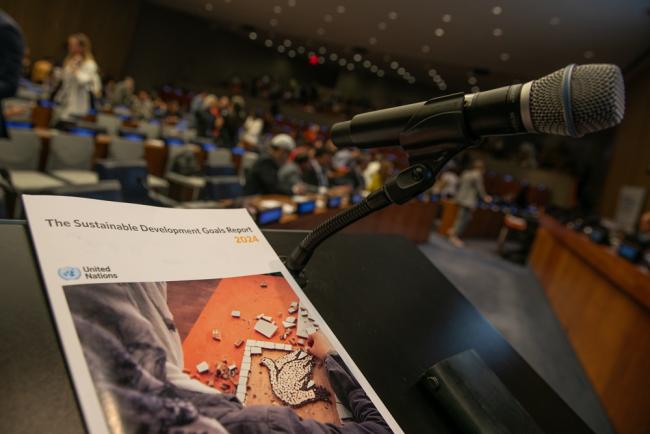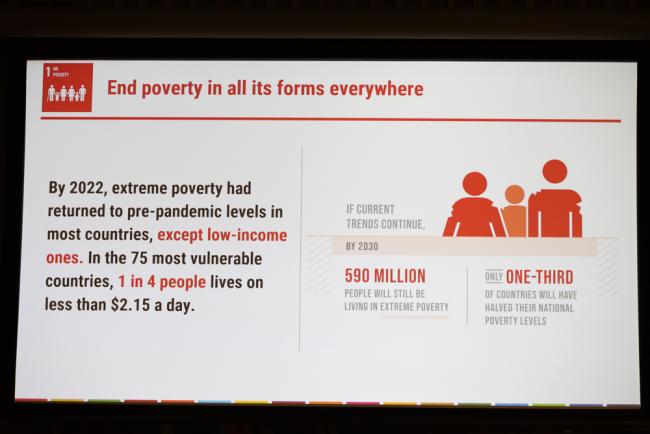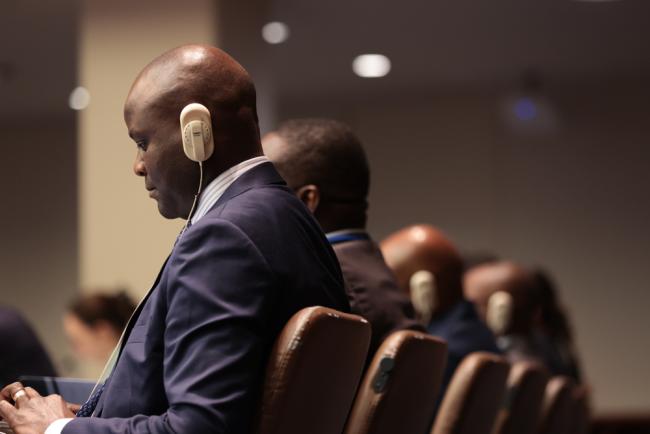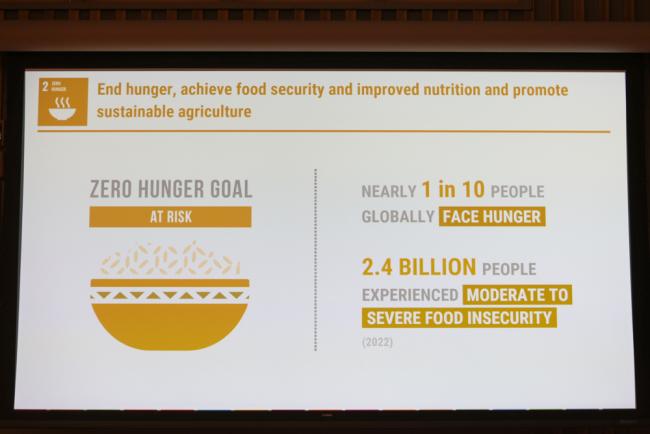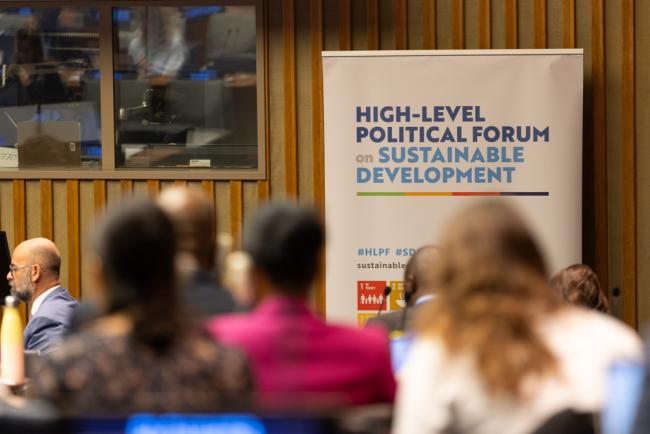Day two of the High-level Political Forum on Sustainable Development (HLPF) was a day of reckoning, as participants took up the fundamental Sustainable Development Goals (SDGs) on “no poverty” (SDG 1) and “zero hunger” (SDG 2). With progress on a third of the SDGs stalled or going into reverse, delegates highlighted the multidimensional nature of the challenges, as well as sub-national, national, and regional initiatives to address them.
Want to dig deeper into today's talks? Read the full Earth Negotiations Bulletin daily report.
In the morning’s review of SDG 1, reports underpinning the discussions revealed how global efforts to eradicate extreme poverty have faced significant setbacks, with none of the SDG 1 targets on track to be achieved by 2030. Delegates put forward a series of proposals, identifying underlying causes of extreme poverty, including multiple forms of discrimination, and called for improved synergy through a multidimensional response across the SDGs.
They advocated responses ranging from South-South cooperation; debt forgiveness and affordable credit; commitments to increase official development assistance; inclusive economic growth achieved within the planetary boundaries; better use of traditional and cultural knowledge systems; expanded social protections; and gender equality.
Summarizing the morning segment, panelists emphasized that: multilateralism is the only effective way forward; metrics are needed to guide action, track trends, and recognize success; and the multiple dimensions of poverty are an “assault” on a range of human rights.
In the afternoon segment focusing on SDG 2, Chair Paula Narváez, President, UN Economic and Social Council (ECOSOC), characterized progress on this SDG as sobering, with subsequent speakers highlighting how intersecting global crises have exposed the vulnerabilities of our food systems. Discussions explored the complex linkages with trends in the global economy, finance, poverty, security, and geopolitics, and efforts to align policy responses with the triple planetary crisis. While some delegates showcased progress in areas such as “whole-of-food" systems and agroecology, recurring themes were the lack of access to finance, credit, and capacity.
Various speakers underscored the links between conflict and food insecurity, with a number of calls for the right to food to be reinforced in national and international legislation and accountability frameworks.
In closing remarks, panelists underlined that: financing and investment towards building nutrition resilience is key; SDGs 1 and 2 are inter-dependent and connected; and holistic, outcome-based monitoring mechanisms are needed to build resilient food systems.
To receive free coverage of global environmental events delivered to your inbox, subscribe to the ENB Update newsletter.
All ENB photos are free to use with attribution. For HLPF 2024, please use: Photo by IISD/ENB | Kiara Worth.

